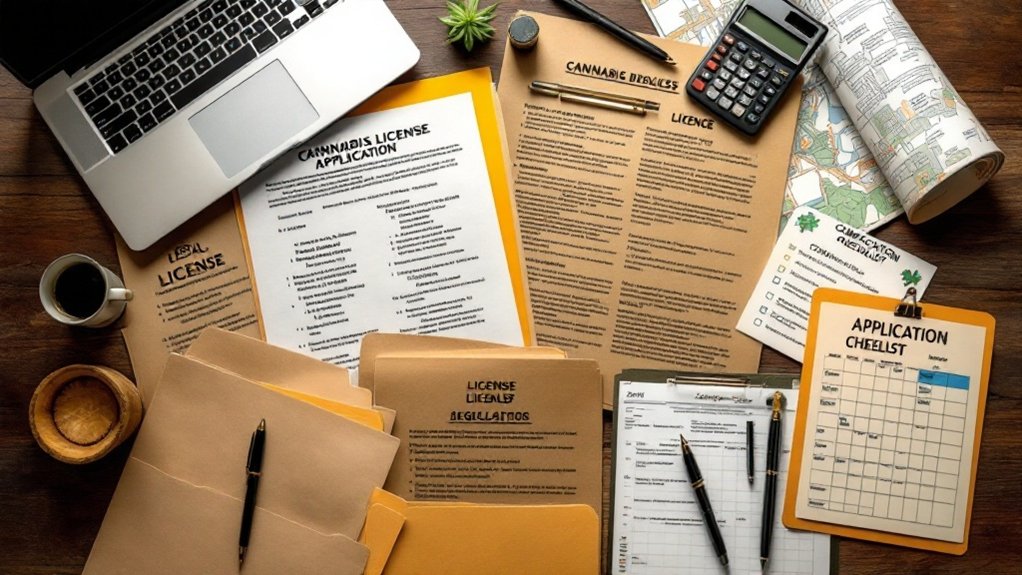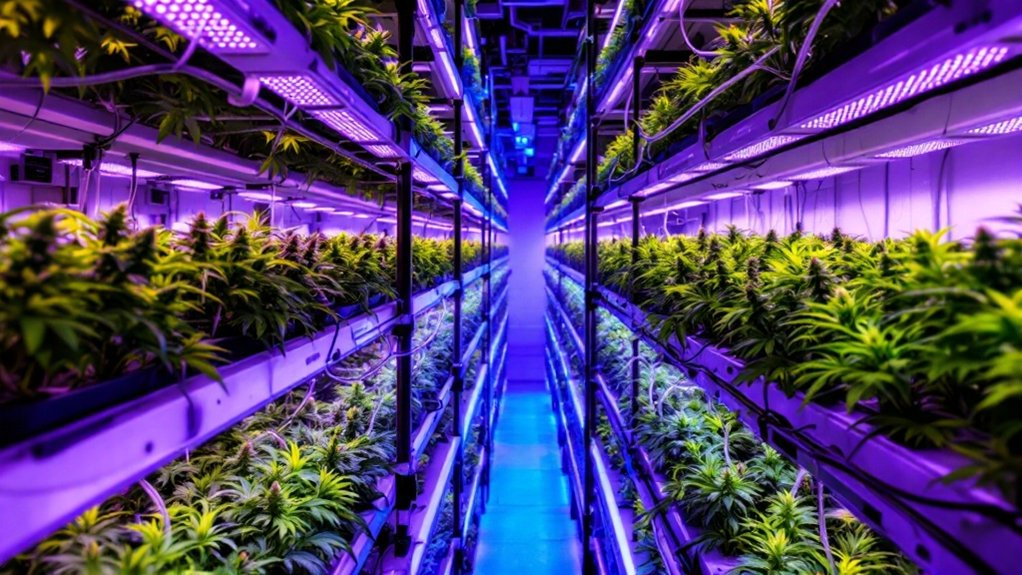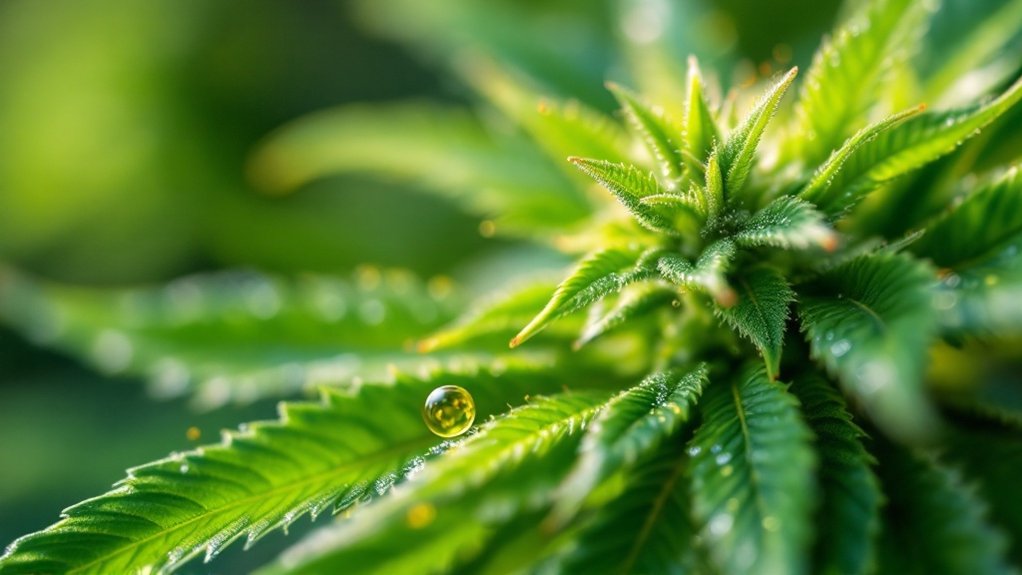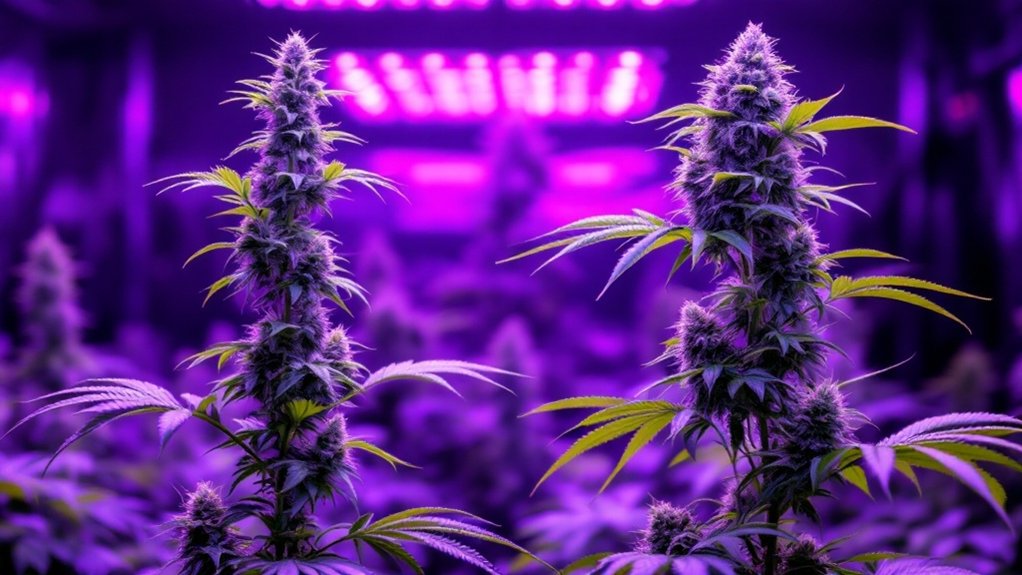Obtaining a cannabis business license requires traversing complex regulatory frameworks that vary by state. Applicants must establish a proper business entity, secure appropriate permits, and prepare extensive documentation including business plans and financial projections. The process involves substantial application fees, proof of capital, background checks, and demonstration of site control. Compliance with security protocols, inventory tracking systems, and waste management procedures is mandatory for successful applications. The journey through this multi-step process demands meticulous attention to both state and local requirements.

While the cannabis industry continues to expand across the United States, steering through the complex licensing process remains a significant hurdle for entrepreneurs seeking to enter this regulated market. The regulatory landscape varies dramatically between states, with significant differences in requirements for medical versus recreational operations and distinct rules for cultivation, manufacturing, and retail businesses. Some jurisdictions impose strict license caps creating competitive application processes, while others permit unlimited licenses but enforce rigorous operational standards. Many states additionally require applicants to meet residency requirements and age minimums, typically 21 or 25 years old. Consulting an attorney specializing in cannabis laws is essential due to the constantly evolving regulatory environment.
Before pursuing cannabis-specific licensing, entrepreneurs must establish proper business foundations. This includes forming a limited liability company or corporation to provide personal liability protection and obtaining a federal Employer Identification Number for tax purposes. A general business license from the local municipality serves as the baseline authorization for commercial activity, though this alone does not permit cannabis operations. Additional standard business requirements include filing a DBA if operating under a name different from the legal entity and securing various permits related to sales tax, signage, and zoning compliance. As cannabis businesses operate under the burden of Section 280E, it becomes increasingly vital for owners to understand their tax obligations.
Building a proper business foundation is the essential first step before embarking on cannabis-specific licensing.
Application preparation demands extensive documentation and planning. Authorities typically require thorough business plans detailing operational procedures, financial projections, and community impact assessments. Background checks for all owners and key personnel are standard, examining criminal history and previous regulatory violations. Applicants must demonstrate site control through property ownership or lease agreements along with confirmation that the location complies with relevant zoning ordinances.
Detailed security protocols, inventory tracking systems, and waste management procedures comprise critical components of most application packages. Financial considerations represent a substantial aspect of the licensing process. Applicants face non-refundable application fees that vary widely by jurisdiction and license type, along with recurring annual renewal costs. Many states require proof of minimum liquid capital to guarantee operational viability, with transparent documentation of all funding sources. States like California implement Department of Cannabis Control oversight to monitor cultivation licensing and ensure compliance with track-and-trace requirements.
Additional financial considerations include investments in facility security systems, specialized insurance coverage, and ongoing compliance measures. States frequently scrutinize the origins of investment capital to ensure funds derive from legitimate sources without criminal connections. This multifaceted process requires careful navigation of both state and local regulatory frameworks to successfully secure the necessary authorizations for legal cannabis business operations.
Frequently Asked Questions
Can I Apply for a License With a Past Criminal Record?
Individuals with criminal records may apply for cannabis business licenses, but eligibility varies considerably by state.
Most jurisdictions disqualify applicants with recent drug felonies, fraud convictions, or violent crimes. Some states implement lookback periods of 3-10 years for relevant offenses.
Rehabilitation evidence, certificates of relief, pardons, or expungements can serve as mitigating factors. Non-violent cannabis misdemeanors typically face less scrutiny than business-related felonies.
Applicants should research specific state requirements, as regulations distinguish between automatic disqualifications and offenses requiring case-by-case evaluation.
How Long Does the Application Review Process Typically Take?
Application review processes for cannabis licenses vary by state.
In Arizona, the review typically takes 60 business days, including a 30-day administrative completion review followed by a 30-day substantive evaluation by ADHS.
Minnesota’s timeline differs, with the application window having closed on March 16, awaiting lottery date announcements.
Applicants should account for these timeframes when planning their business launch and should submit applications several days before deadlines to resolve any potential portal issues.
What Happens if My Application Is Denied?
If an application is denied, the applicant receives a formal notice outlining specific deficiencies or compliance issues.
Applicants have the right to appeal the decision through an Administrative Law Judge hearing if they meet certain criteria. Most jurisdictions allow filing an appeal in Superior Court within 30 days of denial notification.
Alternatively, applicants may request reconsideration by addressing identified deficiencies and resubmitting corrected information.
The denial becomes part of the permanent record and may affect future cannabis business applications.
Are There Limits on How Many Licenses One Person Can Hold?
License limitations vary greatly by jurisdiction.
While Oregon places no statewide cap on retail cannabis licenses, many states restrict the number a single entity can control.
Additionally, local municipalities may impose their own caps regardless of state policy.
Regulatory frameworks aim to prevent market monopolization and protect small businesses.
Limitations can differ based on license type (cultivation, processing, retail), and some regions prohibit vertical integration while others encourage it.
Compliance with both state and local regulations is essential for multi-license holders.
Can I Transfer My Cannabis Business License to Someone Else?
Cannabis business license transferability varies considerably by jurisdiction. Most states prohibit direct transfers, requiring new owners to undergo a full licensing process with regulatory approval.
Where transfers are permitted, they involve specific documentation requirements including transfer applications, purchase agreements, and financial statements. Transfer fees typically range from fixed amounts to full licensing fees.
The process includes strict timelines for inventory transfer, and premature business handover before approvals may result in license revocation or other penalties.









